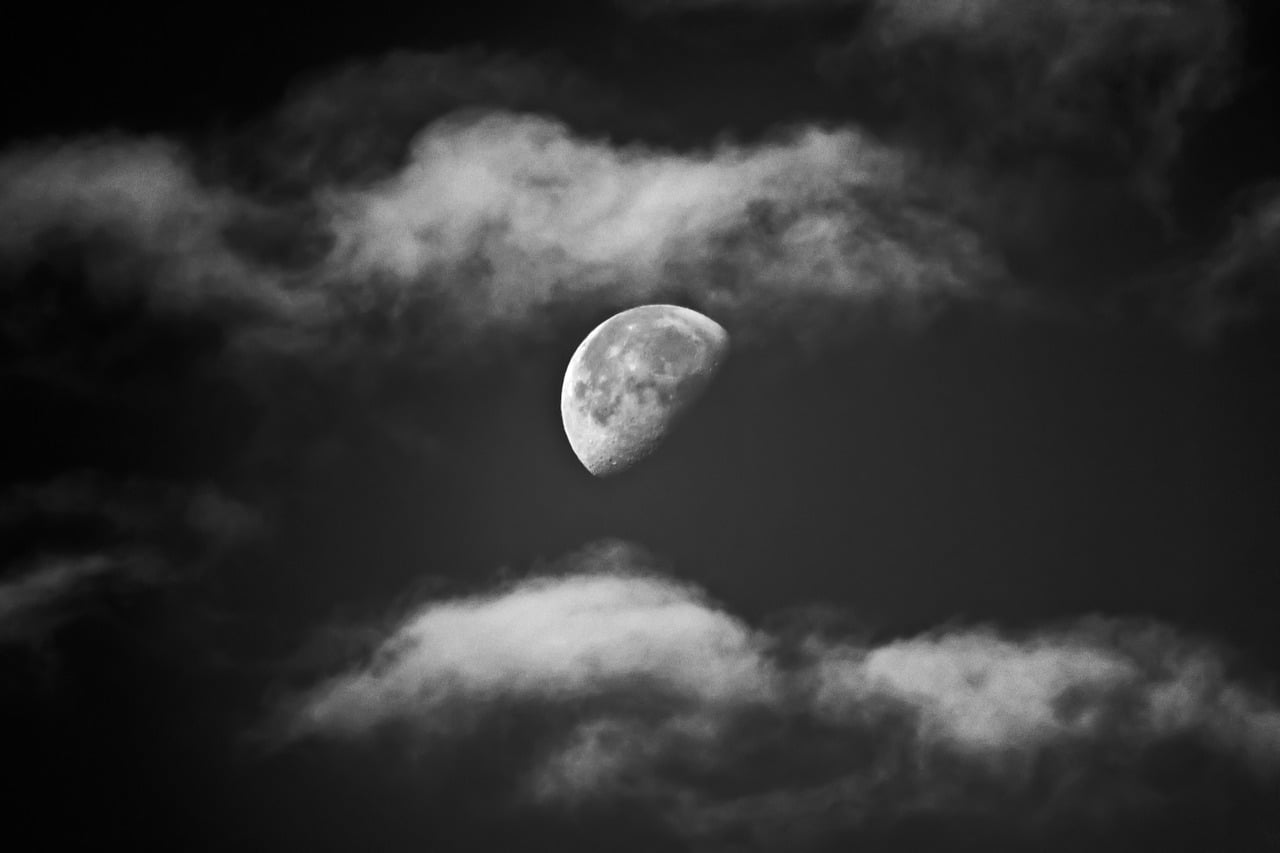Throughout the year, the moon goes through various stages, from regular full moons to super blood full moons and blue moons. However, today a rare moon phase known as the black moon will appear in the sky, so what does this mean for stargazers?
The black moon is a rare celestial phenomenon which will appear above North America for the first time since 2016. While the rest of the planet won’t experience the magic of this celestial event tonight, they will be able to do so on Aug. 30.
As Time and Date reports, a black moon is commonly explained as the second new moon in a single month. It’s the opposite of the blue moon, which is a phenomenon that occurs when there are two full moons in the same month. As Time and Date notes, black moons rarely occur outside leap years because of the lunar cycle, which takes 29 days to complete.
We can’t really see the black moon, however. It moves with the Sun during the day, according to EarthSky.org.
“But the gravitational influence of the new moon and sun combine to physically affect our water planet, which people along the ocean coastlines may notice in the coming days,” the website reports.
Black moons also happen because there are months without a new moon, which happens in February when the full and new moon are missed occasionally because the month is only 28 days, while the lunar cycle lasts 29 days. According to CNN, this is less common than the other type of black moon, and it happens once in a decade.
All in all, this phenomenon doesn’t represent anything special other than the gravitational influence the new moon has on Earth’s water, which is noticeable. However, there are other things associated with the black moon. This new moon will be a supermoon, which means the moon is slightly closer to Earth than it is at other times in its orbit. It will remain invisible because it will be covered, although if it could be seen, it would appear slightly larger than usual. Some astronomers also refer to it as a “black super new moon.”
The dark, moonless sky still comes with some benefits for astronomers and stargazers. Given that there’s no moonlight to wash out the stars, many can stargaze and enjoy seeing a much larger spectrum of stars than usual. Considering that the dueling meteor showers peaked together few days ago, there might also still be a few meteors to catch in the night sky if you avoid light pollution.





